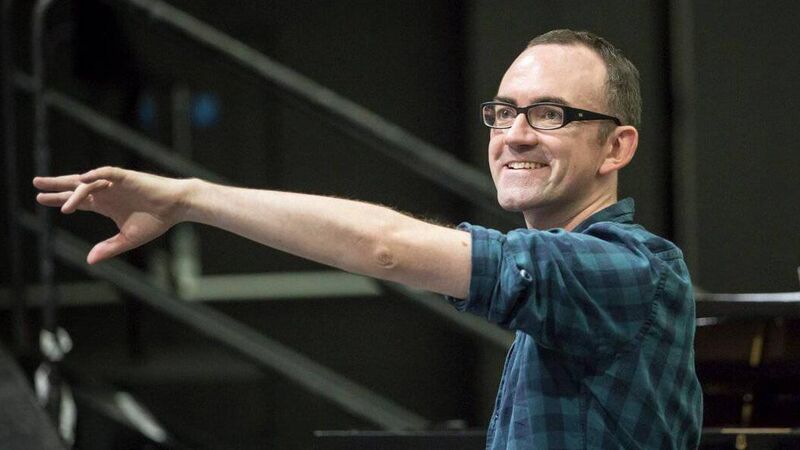Culture That Made Me: Cork theatre director Tom Creed

Tom Creed will direct Giulio Cesare at Lismore Castle as part of Blackwater Valley Opera Festival. Picture: Ste Murray
Born in 1980, Tom Creed grew up on the Mardyke in Cork City. He’s a renowned theatre and opera director, with a particular focus on new work. His productions have performed in over 30 cities around the world. He was festival director of Cork Midsummer Festival from 2011 to 2013.
He directs G.F. Händel’s Giulio Cesare in the grounds of Lismore Castle, Co Waterford, as part of this year’s Blackwater Valley Opera Festival, 27 May – 3 June. See: www.blackwatervalleyopera.ie.







